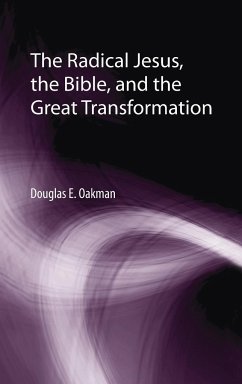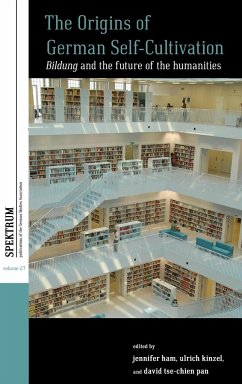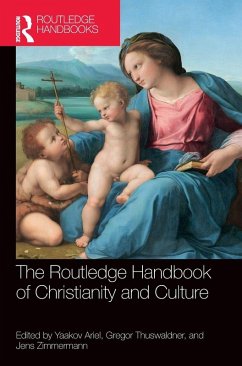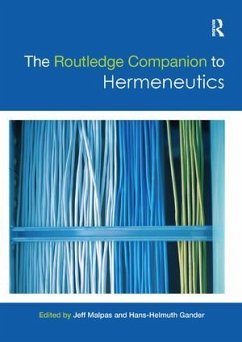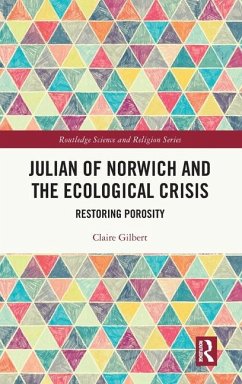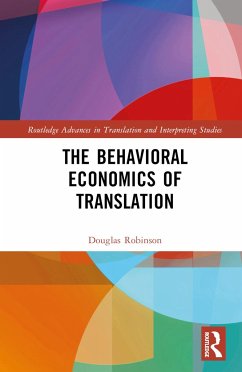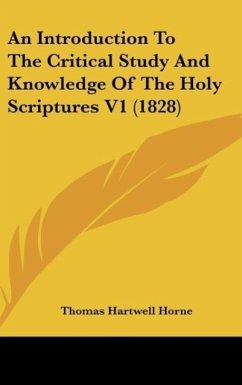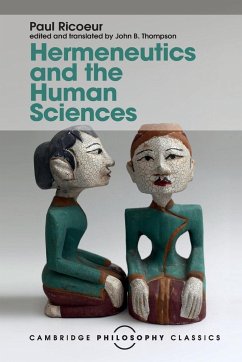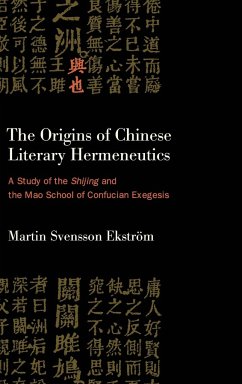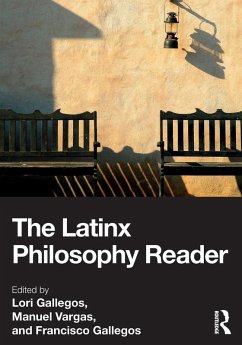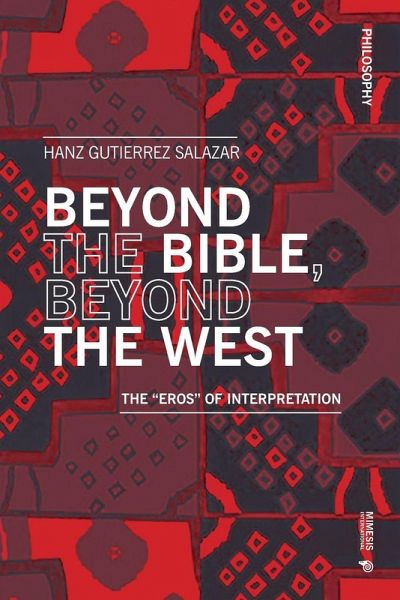
Beyond the Bible, Beyond the West
The "Eros" of Interpretation
Versandkostenfrei!
Versandfertig in 1-2 Wochen
35,99 €
inkl. MwSt.

PAYBACK Punkte
18 °P sammeln!
Reading can become the grave of meaning or the place of its resurrection. It becomes a tomb when meanings follow one another uninterruptedly, but in an automatic, mechanical, predictable and tautological way. It becomes a tomb when reading becomes calculation, when the result excludes and erases surprise and mystery. Instead, it's the place of resurrection when meanings are not automatic, but intermittent, unpredictable, fragile and fragmentary; when reading becomes like childbirth, an experience marked by fatigue and suffering, but in the expectation of something new and unique. Our reflectio...
Reading can become the grave of meaning or the place of its resurrection. It becomes a tomb when meanings follow one another uninterruptedly, but in an automatic, mechanical, predictable and tautological way. It becomes a tomb when reading becomes calculation, when the result excludes and erases surprise and mystery. Instead, it's the place of resurrection when meanings are not automatic, but intermittent, unpredictable, fragile and fragmentary; when reading becomes like childbirth, an experience marked by fatigue and suffering, but in the expectation of something new and unique. Our reflection is an essay of ontological hermeneutics: it is critical of "textual positivism"-which makes the univocity and clarity of a text the main goal of its task-and also of "cultural positivism"-a cultural matrix that elevates univocity and clarity as the ultimate goal of contemporary systems. This essay indirectly sketches a cultural critique and not only a theological one. Means, medium and guarantor of this ontological indelible reserve are ambivalence and paradox. We will try to follow the trace of these throughout the hermeneutic arc-and not only at its beginning.





